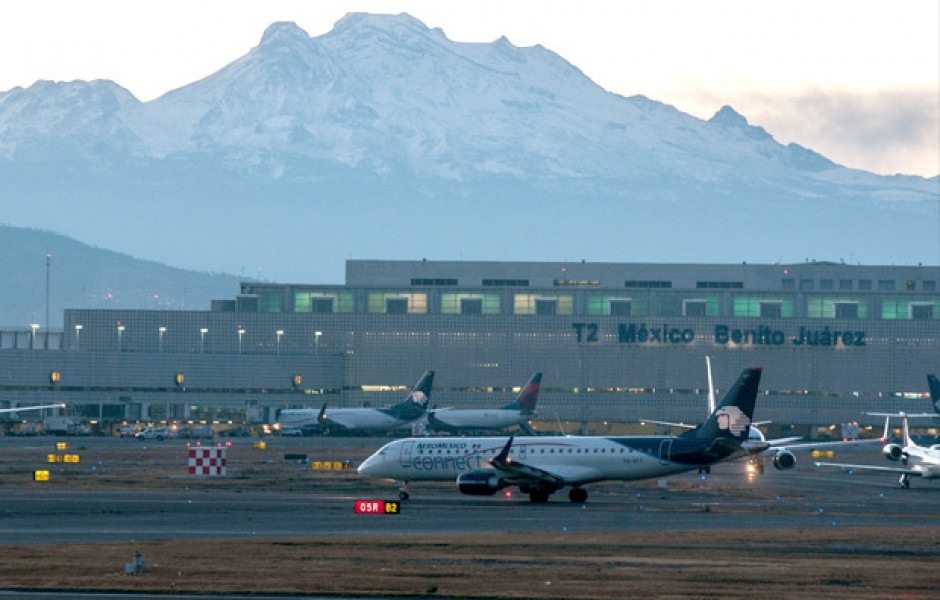In a joint effort, airlines, government and academia seek solutions to reduce greenhouse gas emissions. greenhouse gases that this industry contributes to the environment and that it is sustainable, he said. Diana Olivares.
The president of the National Chamber of Air Transportation highlighted in an article published by The Economist that in the objective of reduce emissions key factors are the use of sustainable fuel (SAF), as it can account for up to 65% of the decarbonizationand operate new and more efficient aircraft.
"It is true that there are many aspects that have been going around the industry in recent years, but protecting the environment is a priority. Climate change is something we live with and all industries have to be working to find solutions. In aviation we are very busy doing that. The International Air Transport Association (IATA) has a goal that by 2050 its members will achieve zero net carbon emissions in their operations," he said.
According to estimates, the airline industry accounts for between 2 and 3% of carbon dioxide emissions.
It should be noted that sustainable aviation fuel is produced using organic and forestry waste (cooking oil, bait, etc.) that is processed and refined resulting in an energy that is stored and blended with traditional fuel.
Researchers are analyzing the possibility that even sargassum can be used as an input for the production of sustainable fuel.
To date, sustainable fuel can be used at most in the 50% in one flight, and the rest must be with traditional fuel.
"To contextualize the impact, using SAF's 30% on a flight between Mexico City and Madrid can reduce around 35 tons of CO2, equivalent to more than 4,200 cars not circulating for a day," said the president of Canaero.
Mexico is part of the Carbon Offset and Reduction Plan for International Aviation (CORSIA), which will become mandatory in 2024.
"We seek to raise awareness of how important it is to have a better world and we are working on this from different angles with the commitment of the chamber's airline partners. In aviation there are temporary issues that get a lot of press, but sustainability is a priority. Storms or snowstorms affect flights and we have to act. The most revolutionary thing we can do as people is to find out what is happening to our world, our home, and see what actions we can take to help," Olivares stressed.
The president of Canaero said that the use of sustainable fuels in the airline industry in Mexico should have tax incentives, as in California.
"There is a lack of production, it is true, that is one of the industry's challenges. It is also more expensive at the moment than traditional fuel, but the work of all the actors is causing it to be reduced for the good of all," he said.
Flying "green
For more than a decade now, Mexican airlines have been taking actions towards decarbonization:
- Aeromexico: In 2011, flew between Mexico and Spain with biofuel and from 2021 resumed flights with SAF in San Francisco to CDMX and Guadalajara. In 2022 it doubled the amount of emissions reduced with the use of sustainable fuels and committed to use SAF's 10% by 2030. It has its Green Flight program.
- Volaris: Carried out its first operation with SAF, taking advantage of the delivery of a new aircraft, departing from the Airbus plant in Hamburg and landing in Reykjavik last year. The airline's commitment is to protect the environment, reduce CO2 emissions and contribute to the protection of biodiversity.
- VivaAerobus: In 2022, VivaAerobus completed its first flight operated with SAF produced by Neste from Los Angeles to Guadalajara, derived from the agreement signed for one million liters of sustainable fuel. In addition, it will add more flights with SAF: Los Angeles-Guadalajara, CDMX and Monterrey.
Source: The Economist


